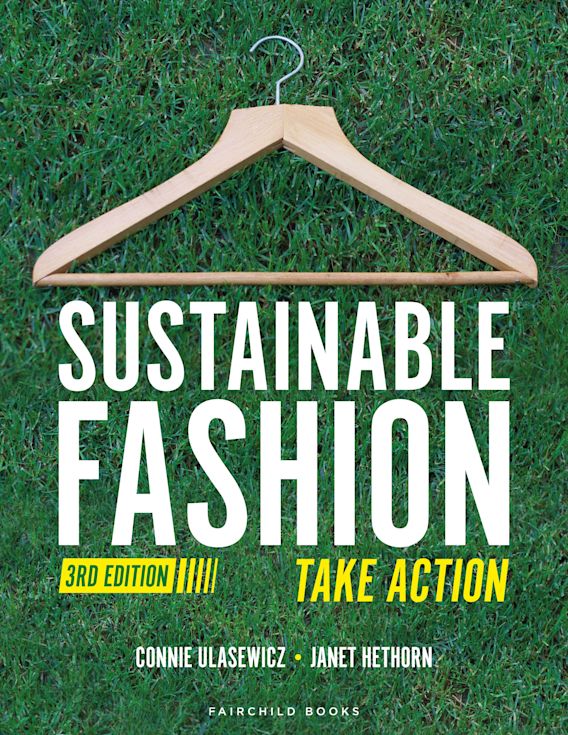
Cultivating Sustainable Style: A Fashion Revolution Unveiled
Sustainable Fashion Culture is more than a trend; it’s a transformative movement that seeks to redefine the way we approach and engage with fashion. As concerns about the environmental and social impact of the fashion industry rise, a cultural shift is taking place, ushering in an era where style and sustainability coexist harmoniously.
The Rise of Ethical Fashion: A Paradigm Shift
In the realm of Sustainable Fashion Culture, ethical considerations take center stage. Designers and consumers alike are increasingly aware of the environmental and social implications of fashion choices. Ethical fashion emphasizes fair labor practices, cruelty-free materials, and a commitment to reducing the ecological footprint. This paradigm shift is reshaping the industry’s ethos.
In the midst of this revolution, Sustainable Fashion Culture emerges, offering a curated collection that reflects the principles of ethical fashion and a commitment to a sustainable future.
Innovative Materials: Pioneering Eco-Friendly Fabrics
One of the cornerstones of Sustainable Fashion Culture is the exploration and utilization of innovative materials. Designers are pioneering the use of eco-friendly fabrics, such as organic cotton, recycled polyester, and sustainable alternatives like Tencel and hemp. These materials not only reduce the environmental impact but also contribute to the creation of a circular and more sustainable fashion economy.
Circular Fashion Economy: Redefining Consumption Patterns
A key aspect of Sustainable Fashion Culture is the concept of a circular fashion economy. This model emphasizes recycling, upcycling, and extending the lifespan of clothing, reducing the need for constant production and consumption. The shift from a linear “take, make, dispose” model to a circular approach fosters a more sustainable and responsible fashion culture.
Slow Fashion Movement: Quality Over Quantity
The Slow Fashion movement is gaining momentum within Sustainable Fashion Culture. It advocates for a shift away from fast fashion’s rapid production cycles and disposable trends. Instead, it encourages consumers to invest in high-quality, timeless pieces that withstand the test of time. By prioritizing longevity over quick turnover, Slow Fashion promotes mindful consumption and reduces fashion’s environmental impact.
Local and Artisanal Craftsmanship: Supporting Communities
Sustainable Fashion Culture places importance on local and artisanal craftsmanship. Supporting local artisans and small-scale producers not only fosters a sense of community but also reduces the carbon footprint associated with long-distance manufacturing and transportation. This emphasis on locality contributes to the creation of a more sustainable and interconnected fashion ecosystem.
Transparent Supply Chains: Empowering Informed Choices
Transparency is a cornerstone of Sustainable Fashion Culture. Brands are increasingly providing information about their supply chains, production processes, and the sourcing of materials. This transparency empowers consumers to make informed choices, supporting brands that align with their values and encouraging accountability within the fashion industry.
Education and Awareness: Shaping Conscious Consumers
An essential aspect of cultivating Sustainable Fashion Culture is fostering education and awareness. Consumers are encouraged to understand the impact of their fashion choices and make informed decisions. By raising awareness about the environmental and social aspects of the fashion industry, Sustainable Fashion Culture aims to create a community of conscious consumers driving positive change.
Collaboration and Innovation: A Collective Effort
Sustainable Fashion Culture thrives on collaboration and innovation. Designers, brands, consumers, and activists come together to share ideas, foster creativity, and collectively address the challenges facing the industry. This collaborative spirit is essential for driving innovation and pushing boundaries to create a more sustainable and inclusive fashion culture.
Fashion as a Catalyst for Change: The Power of Influence
Sustainable Fashion Culture recognizes the influential role that fashion plays in shaping societal norms. By leveraging this influence, the movement aims to inspire widespread change, not only within the fashion industry but also in consumer behavior and broader cultural attitudes towards sustainability. Fashion becomes a catalyst for positive environmental and social impact.
Conclusion: Cultivating a Sustainable Fashion Legacy
As we immerse ourselves in the ethos of Sustainable Fashion Culture, we witness the emergence of a transformative movement that goes beyond aesthetics. It’s a cultural shift that cultivates a legacy of responsible consumption, ethical practices, and a harmonious relationship with the planet. As we embrace this fashion revolution, we pave the way for a sustainable future where style and conscience walk hand in hand.
